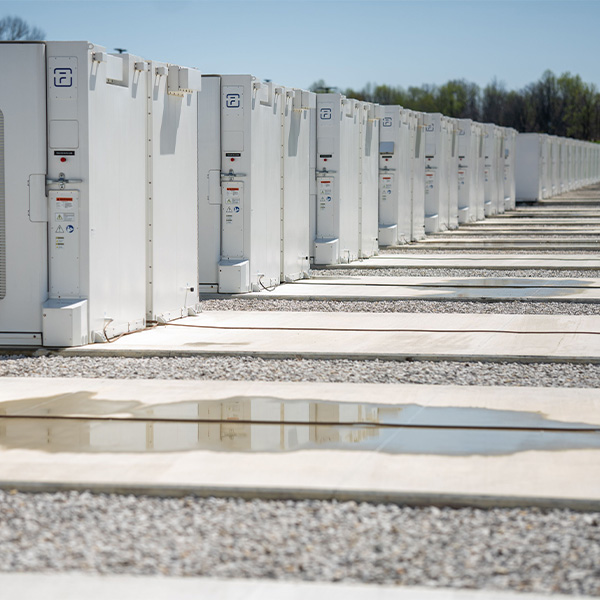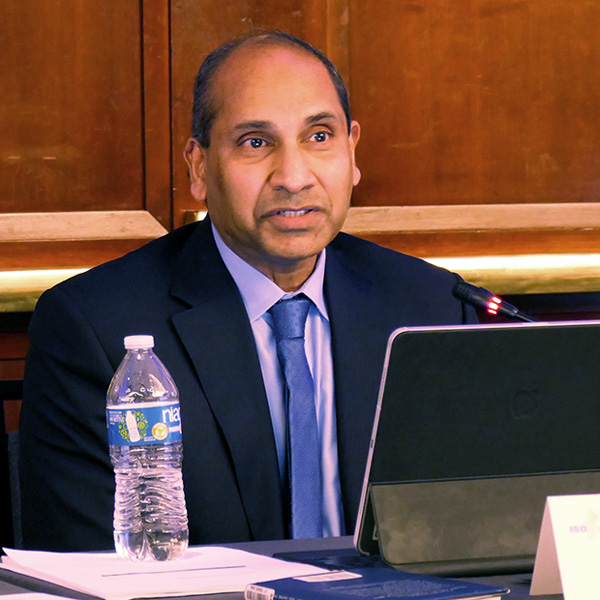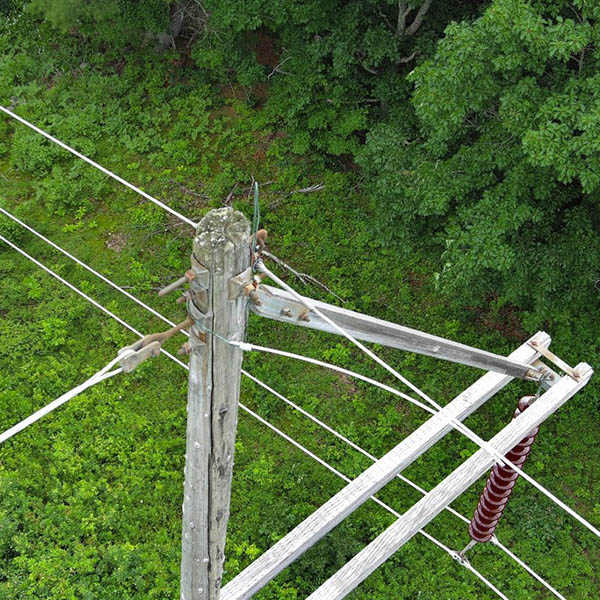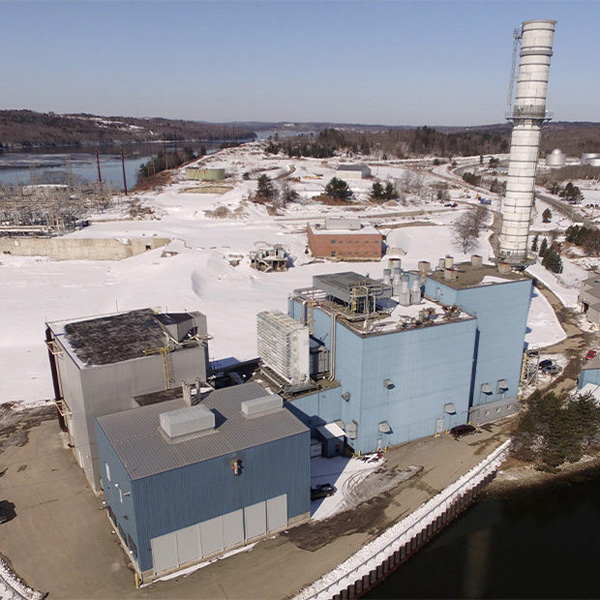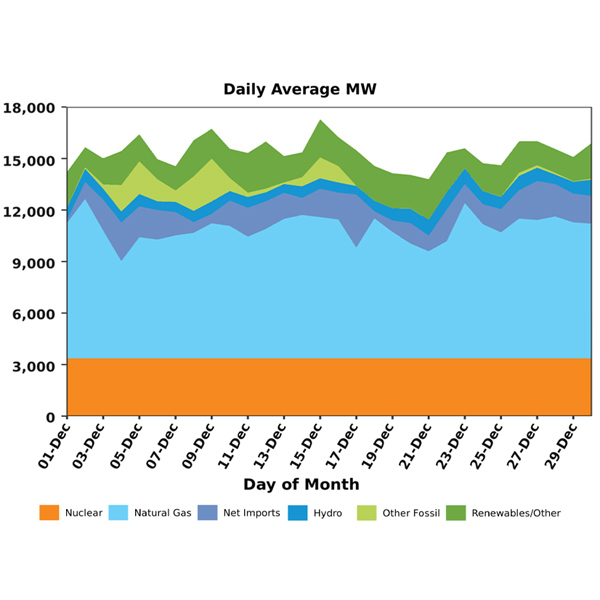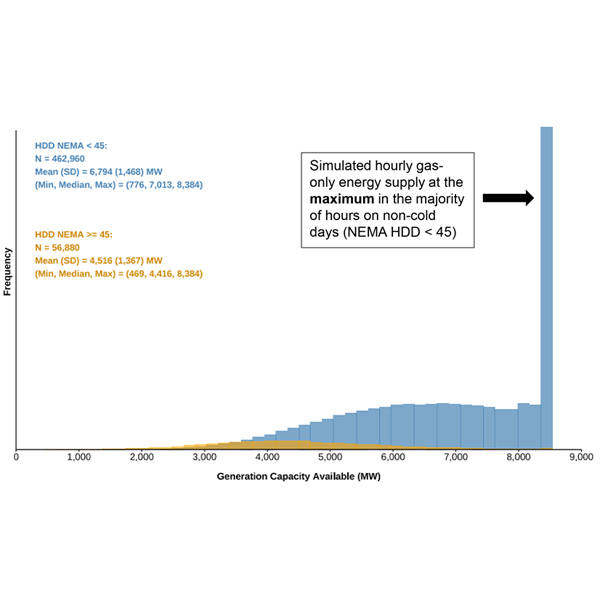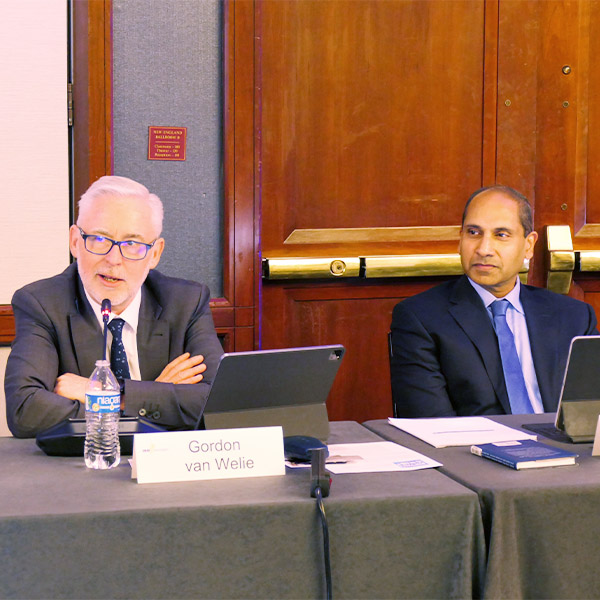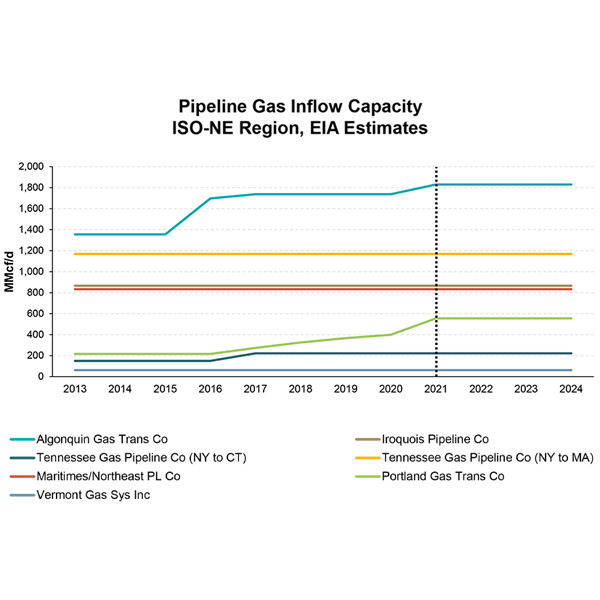New England Power Pool (NEPOOL)
Clean energy groups are calling for changes to ISO-NE’s surplus interconnection service rules to use capacity headroom and help some resources avoid lengthy cluster study processes.
Just a few weeks after taking over as CEO of ISO-NE, Vamsi Chadalavada faced a trial-by-fire introduction to the job.
New England experienced record high energy costs in the month of January amid cold weather, high gas prices and a heavy reliance on oil-fired generation.
ISO-NE responded to stakeholder feedback and provided more detail on its proposed asset condition reviewer role at the NEPOOL Transmission Committee.
ISO-NE outlined its methodology for analyzing potential effects of its capacity auction reform project, detailing inputs for the near- and longer-term base cases and potential factors to be considered in sensitivity analyses.
Consistently cold weather drove record-high December energy market costs for ISO-NE and caused the region to rely heavily on stored oil and LNG injections.
ISO-NE continued work on the second phase of its Capacity Auction Reform project, discussing modeling of the region’s gas constraints, seasonal auction design and its approach to evaluating the impacts of the auction changes.
The NEPOOL Participants Committee voted nearly unanimously to support the first phase of ISO-NE’s capacity auction reform project.
ISO-NE outlined proposed capacity accreditation for active and passive demand capacity resources at the NEPOOL Reliability Committee.
ISO-NE outlined its planned approach for accounting for resources’ gas supply limitations in its new capacity accreditation framework at a NEPOOL Markets Committee meeting.
Want more? Advanced Search
